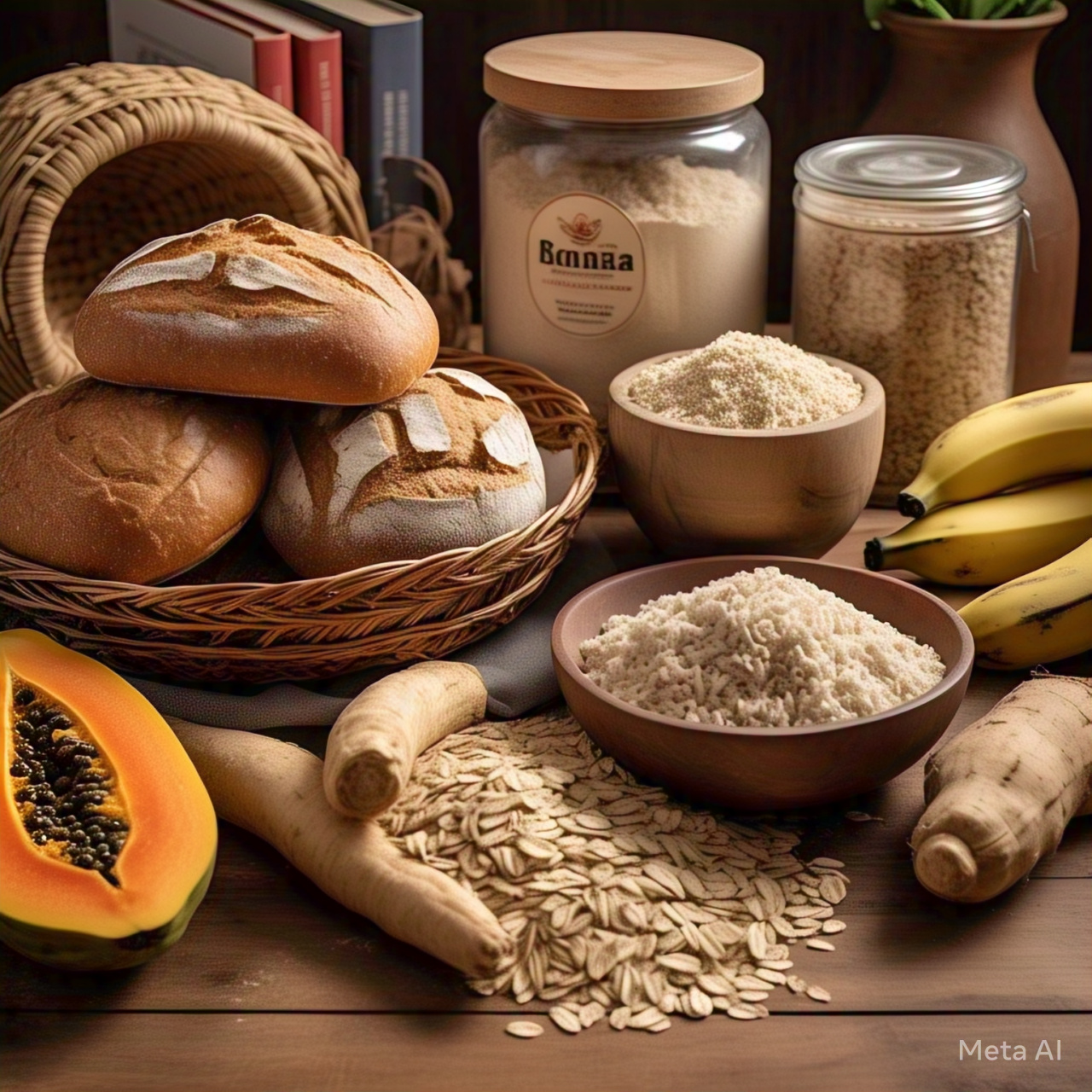
The Popular Food That Puts Your Health at Risk
Although its consumption isn’t completely discouraged, it often contains a mix of emulsifiers, preservatives, and sugars designed for its production.
White Bread: A Household Favorite That Could Be Harming Your Health
For generations, white bread has been a staple in the daily diet of millions of people. Found at breakfast, lunch, and dinner, its soft texture and mild flavor make it especially appealing. However, recent studies have begun to question its place in a healthy diet, pointing out that frequent consumption may contribute to serious health issues—particularly weight gain and metabolic disorders.
Unlike whole grain bread, which retains the entire grain and its natural fiber, white bread is made with refined flour that has been stripped of essential nutrients during industrial processing. To compensate for its lack of flavor and texture, manufacturers often add a combination of emulsifiers, preservatives, and sugars, designed to speed up production and extend shelf life. While these substances are approved by regulatory authorities, excessive consumption can disrupt digestive and metabolic balance.
One of the main concerns with white bread is its high glycemic index, which means it quickly raises blood sugar levels after consumption. This glucose spike can trigger an exaggerated insulin response, a hormone that plays a key role in fat storage. Over time, this cycle can lead to weight gain, insulin resistance, and eventually obesity.
Additionally, the lack of fiber in white bread reduces feelings of fullness, leading to higher calorie intake throughout the day. In fact, research has found a correlation between high intake of refined breads and an increased risk of type 2 diabetes, cardiovascular disease, and digestive problems.
That said, white bread shouldn't be entirely demonized or forbidden. The key lies in moderation and making informed choices. Opting for whole grain or sourdough breads, made with less processed flours and fewer additives, can be a much healthier alternative.
Ultimately, white bread remains part of many culinary traditions, but it's essential to understand its impact on the body and make choices that support a more balanced diet. Because when it comes to health—as in life—what we do every day is what truly leaves a lasting mark.











LEAVE A COMMENT: